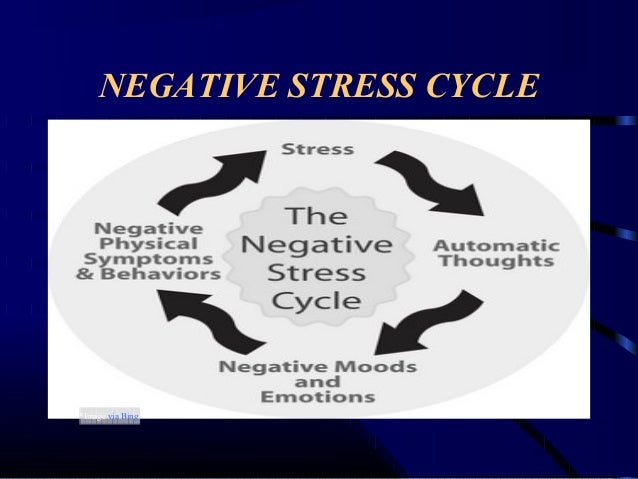
The Ultimate Guide To Types of Stressors (Eustress vsDistress) - Centerpoint
Scenarios that trigger stress might be translated positively and lead to eustress or they might be translated adversely and result in distress. According to information from 2014 and 2017, a few of the most typical sources of tension reported by Americans consisted of:1 Cash Work tension Political climate Future of the country Violence or criminal activity Media overload Physical health or illness Relationship conflicts or isolation Sleep deprivation Poor nutrition The stressors reported above were likely listed as causes of distress, rather of as eustress.

Eustress is more most likely to be experienced in more short-lived situations, prior to prepared transitions, or when an individual has power to affect or direct the outcome they desire. 2,3,4,6 Some examples of causes of eustress consist of: A promotion at work An upcoming event that a person is hosting Carrying out in a performance Having a child Relocating to a new city Impacts of Eustress & Distress Eustress and distress can both have distinct influence on an individual and their functioning.

Distress, on the other hand, tends to have more unfavorable effect on a person's mood, health, and functioning. When distress is chronic and recurring in nature, the increased cortisol levels can result in a number of physical and mental illnesses and problems, consisting of:1,2 Difficulty getting to sleep or staying asleep Physical pain or discomfort (i.
The Ultimate Guide To Psychological Stress and Cancer
headaches, stomach issues) Increased or decreased hunger Increased heart rate, respiration and high blood pressure Difficulty focusing, focusing, or remembering things Feeling keyed up, on-edge or restless Feeling tired or drained pipes Having racing or repeating intrusive ideas Not feeling present or engaged in activities and tasks Irritation or reduced frustration tolerance Increased stress and anxiety The longer distress lasts, the more serious the impacts and impairments become.
Still, it is possible to secure against the negative impacts of distress when it is inescapable, and also to utilize techniques that in some cases can change distress into eustress. Go Back
